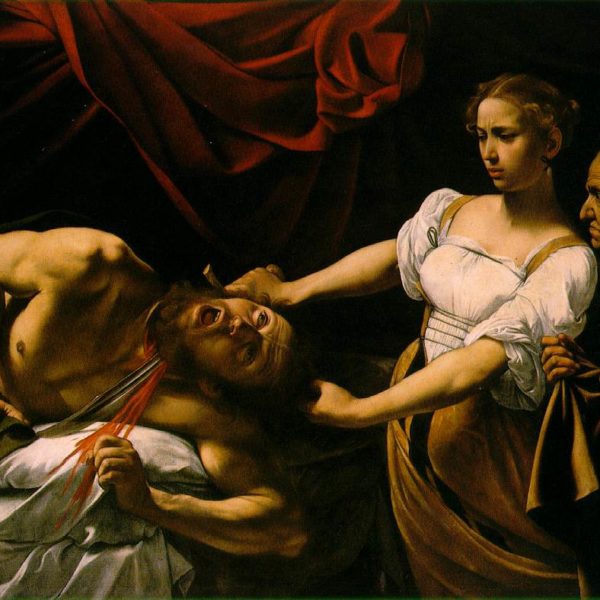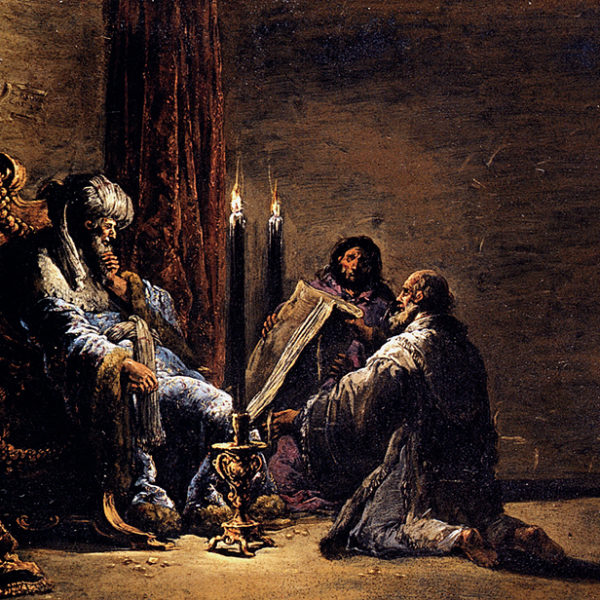
Romans 13:1-7 has stood as one of the most important texts throughout the history of Christian political thought, but like so many biblical texts, has proven capable of being put to the service of several different—even contradictory—ends. The 16th century in particular stimulated several different readings of the passage, readings which have continued to remain popular down to the present day.

. . . Often much more important than what people argue is how people argue. . . . Many whom we may have hastily taken as kindred spirits, because they happen to have reached some conclusion we moderns take for granted, turn out on closer inspection to have been motivated by wholly different concerns, so that the convergence is largely illusory. Others, however, whom we might be apt to dismiss as barbaric for their unenlightened ideas, turn out to have been strikingly liberal-minded.
We have spent now four posts tracing the historical development of Protestant two-kingdoms theology, and its influence on early modern political thought. This has all been an attempt to vindicate the claim, advanced in the first installment of this series, that the wider world of political theology has good reason to attend to the disputes over this doctrine that have heretofore been the province only of a characteristically combative subgroup of the American Reformed. Has it been vindicated?
In the 17th century, although the evangelical theme of the two kingdoms is everywhere. It is often somewhat hidden, though operant, behind other more forefront matters of contest–self-interest vs sociality as the basis of society, the divine or human grounds of legitimate rule, the relation of the State to nascent civil society, public and private–and sometimes the thing itself goes under aliases. It sometimes plays a greater role in the thought of the doctrinally idiosyncratic, for instance Hobbes, than it does in that of those otherwise more orthodox, such as Richard Baxter. This is a very vast and complicated field. Given that this is to be such a short overview, we will consider here merely one aspect of Lutheran two-kingdoms doctrine, that of the denial of political power to the clergy, and point to a few landmark instances…